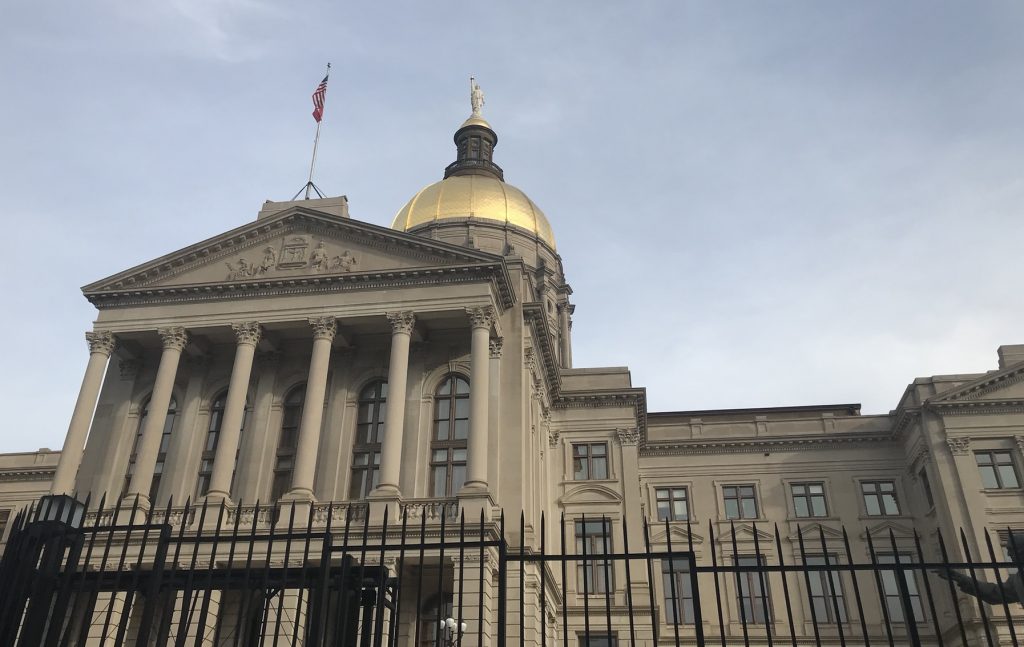Environment
Investors retreat from sustainability bonds in 2025August 4, 2025

By David Pendered
Dec. 7 – Gov. Brian Kemp is preparing Georgia’s government to face ongoing inflation, according to an Aug. 10 letter from his chief budget writer to agency leaders.
Kemp has ordered state agencies to hold spending to current levels in the requests they’ve sent him to consider as part of the budgets he’ll present to lawmakers in January 2023. Kemp is to deliver recommended amendments to the current budget and a budget for the fiscal year that begins July 1, 2023.

In terms of authority over the state budget, the governor has the greatest control because the governor sets the estimated revenue the state expects to collect. Lawmakers can shift dollars around the governor’s budget proposal. But the governor alone is authorized to set state’s estimated revenue, which is the bottom line to which the Legislature must adhere.
The governor’s budget letter observes:
Kemp’s tax-and-spend policy is aligned with the outlook of an economist who spoke in a Dec. 1 conversation hosted by the Volcker Alliance. The economist noted the rising pay levels that employers are facing to hire employees in sectors both public and private. Rising labor costs can contribute to inflationary pressures on the economy.
Phil Dean serves as chief economist and public finance senior research fellow at the Kem C. Gardner Policy Institute at the University of Utah. Dean focused his comments on rising salaries being paid by business and governments to attract qualified workers. However, the view has broader implications because as wage costs rise, providers invoke price hikes to cover the higher wages. Businesses can pass on the higher costs to consumers in the form of higher prices or reduced goods and services. Governments can pass on costs by raising taxes and fees, or borrowing money to pay for projects that otherwise could be funded out of cash flow.
Dean said of wage pressures during the Dec. 1 discussion hosted by the Volcker Alliance:
Kelly Farr, director of the governor’s budgeting-writing Office of Planning and Budget, issued the directive for a hold-the-line budget in the annual outlook sent to agency heads. The directive was issued Aug. 10, almost three months before the November election and before the Federal Reserve has imposed two rates hikes. The Fed is expected to order another rate hike this month.
The Legislature is slated to convene Jan. 9 and the governor typically releases the revenue estimate and budget proposal soon thereafter.
0